By Faiz Khan
The education sector in Pakistan is facing a deepening crisis as rising inflation, limited job opportunities, and increasing economic pressures continue to affect the lives of ordinary citizens. For many parents, the dream of providing quality education to their children is becoming increasingly unattainable.
Despite the universally accepted notion that education is every child’s fundamental right, the deteriorating state of Pakistans education system has reduced this right to nothing more than a slogan.
Deterioration of Public Education
The condition of public schools, especially in rural Sindh and the suburban areas of Karachi, reflects a grim reality. According to theSindh Education Profile 2023, government schools are struggling with dilapidated buildings, underqualified and untrained teachers, and an outdated curriculum that fails to meet modern educational standards.
The current system of checks and balances remains largely confined to paperwork, with little impact on-ground. The result is an erosion of trust among parents who no longer see government schools as reliable institutions for their childrens learning and development.
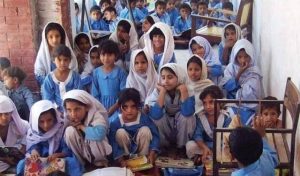 The Reality of Private Schools
The Reality of Private Schools
While many parents turn to private schools hoping for better education, the situation there is also concerning. Except for a handful of well-established institutions, most private schoolsespecially those operating out of small coaching centersare increasingly being run as commercial ventures rather than educational ones. According to thePrivate School Monitoring Report 2022by the Sindh Education Initiative (SIE), educational standards in many such schools are questionable at best.
Pathways to Reform
Experts and educationists suggest the following measures to reverse the downward spiral:
- Teacher Training:
Mandatory training programs should be introduced to equip public school teachers with modern teaching methodologies and skills. Successful education models from countries like Finland and Singapore can serve as useful benchmarks. - Effective Monitoring Systems:
Establish an independent education oversight authority responsible for regularly evaluating school performance, teacher attendance, and curriculum standards. - Engagement of Private Educators:
Qualified private trainers and education specialists should be included in government reform initiatives to bring localized improvements to teaching quality. - Parental Involvement:
Parents should be empowered by involving them in school management committees, giving them a voice in decisions affecting their childrens future.
While the current state of education in Pakistan is disheartening, meaningful change is still possible. With strategic planning, honest leadership, and active community participation, the country can begin to rebuild its crumbling education system. Failing to act now could result in a lost generationan outcome that would have long-term consequences not just for individuals, but for the nation as a whole.
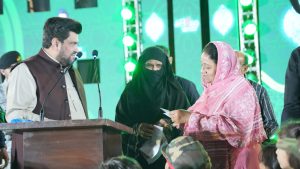



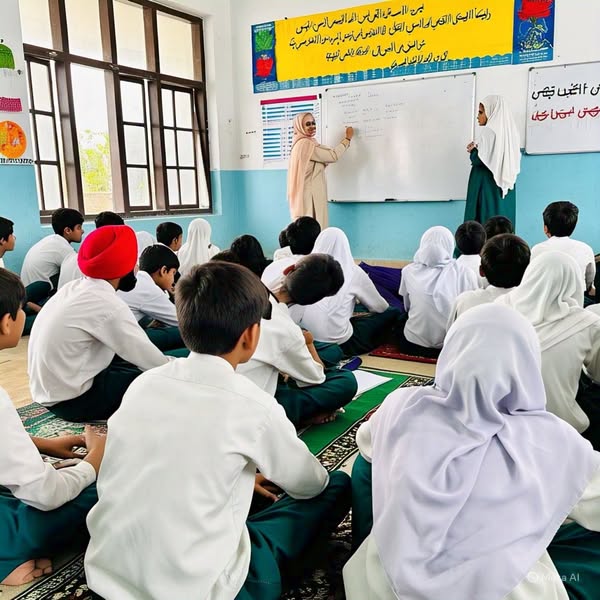
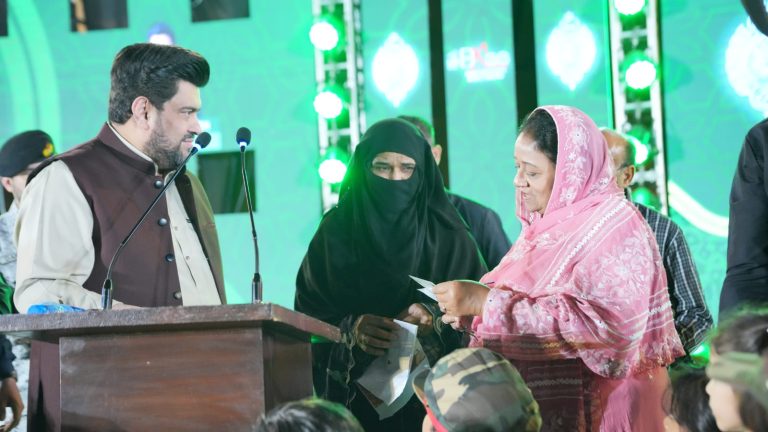
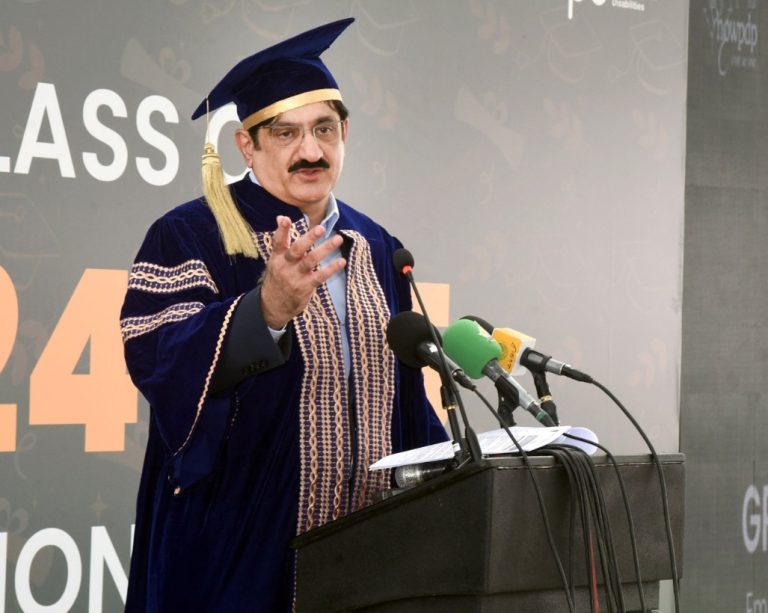


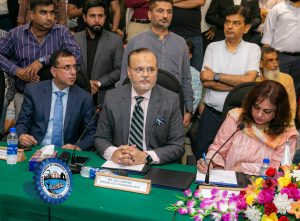




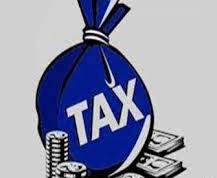
I HAVE READ SO MANY NEW AT KARACHI OBSERVERS. Kindly update on email